Why should students care about the life story about a woman who lived more than a century ago and studied birds? Gene Stratton-Porter is well-known in ornithology, but outside of that arena you probably haven’t heard of her. This is one of the things about well-made illustrated books that make the genre so much more than it appears to be. Bird Girl: Gene Stratton-Porter Shares Her Love of Nature with the World doesn’t break any new ground in regards to the story, even though it’s one young audiences don’t know. At it’s core, the book is about finding your way and exploring what you love. Instead, this is a great book because of the unknown variable (Gene Stratton-Porter) and the illustrations by Rebecca Gibbon that are used to tell her life story.
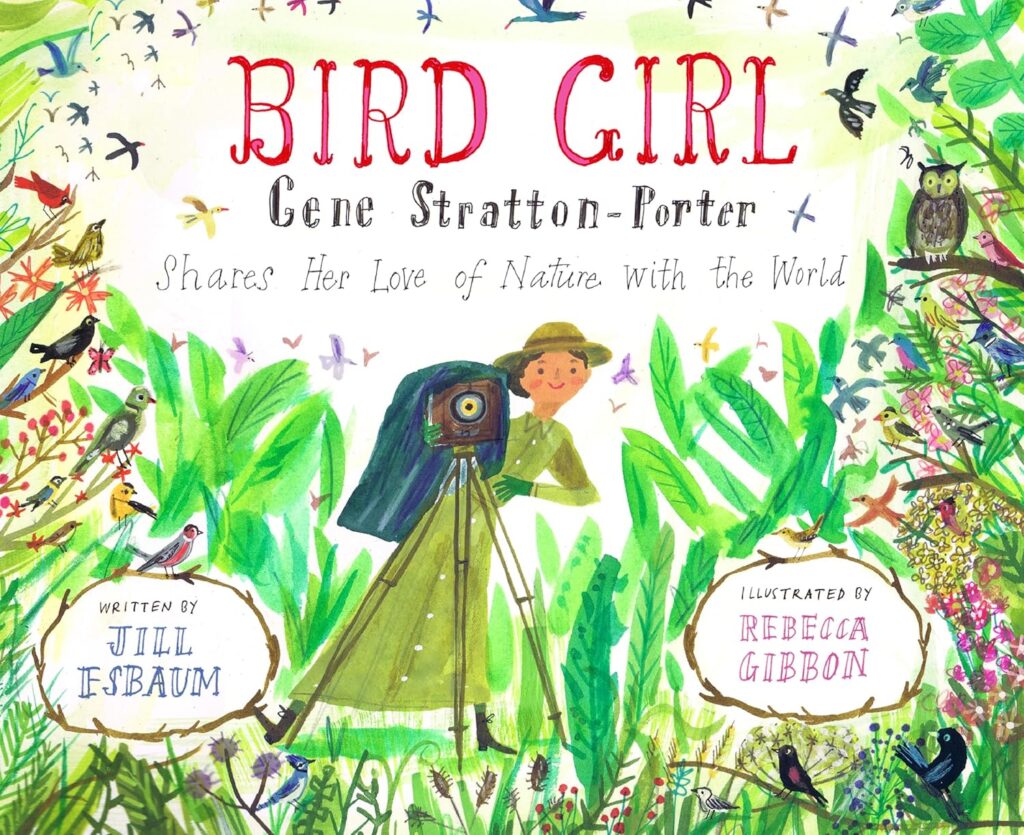
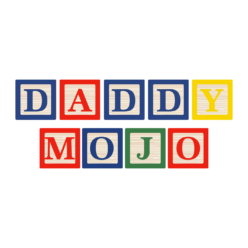
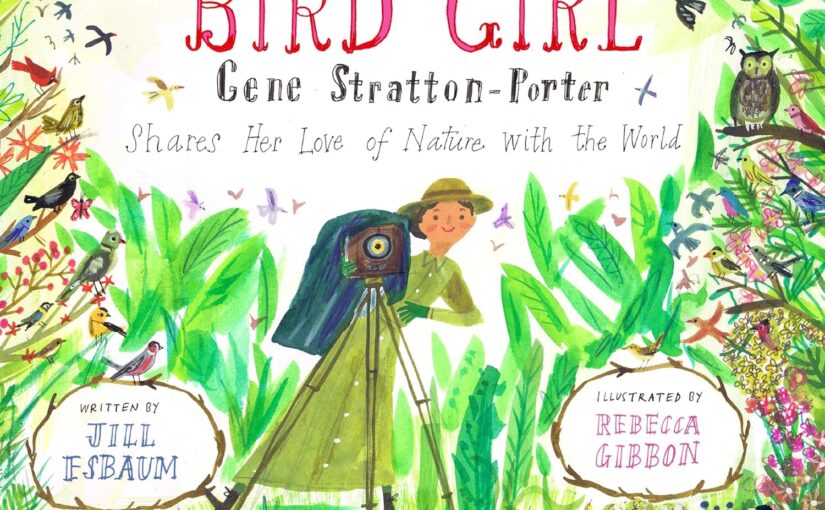
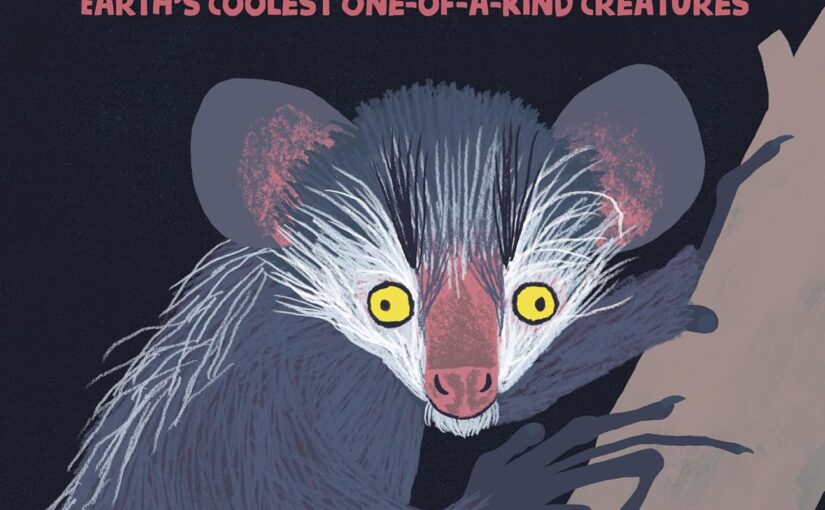
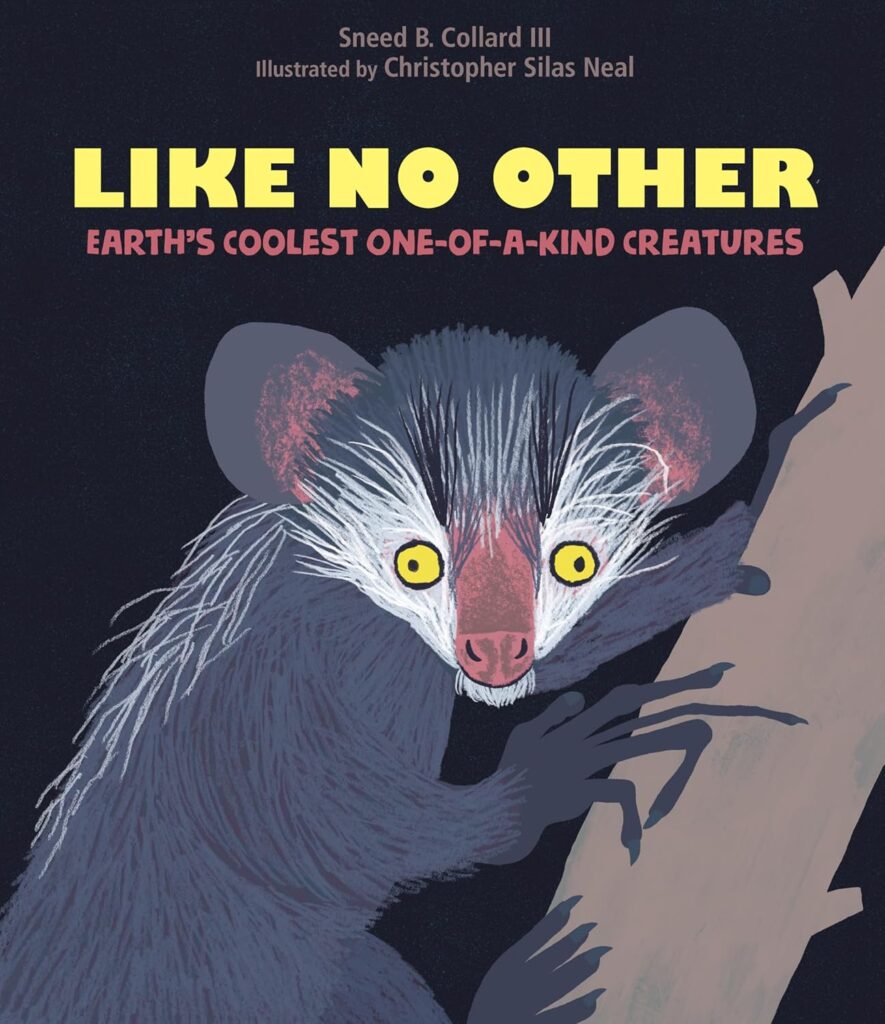
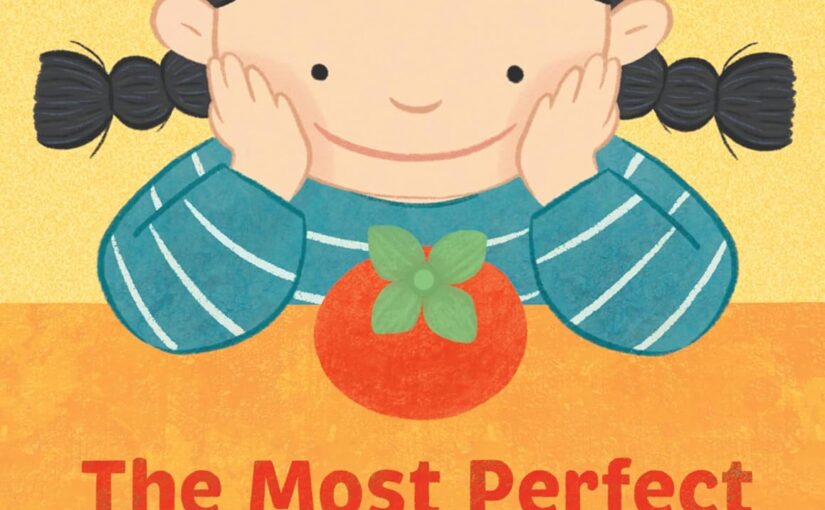
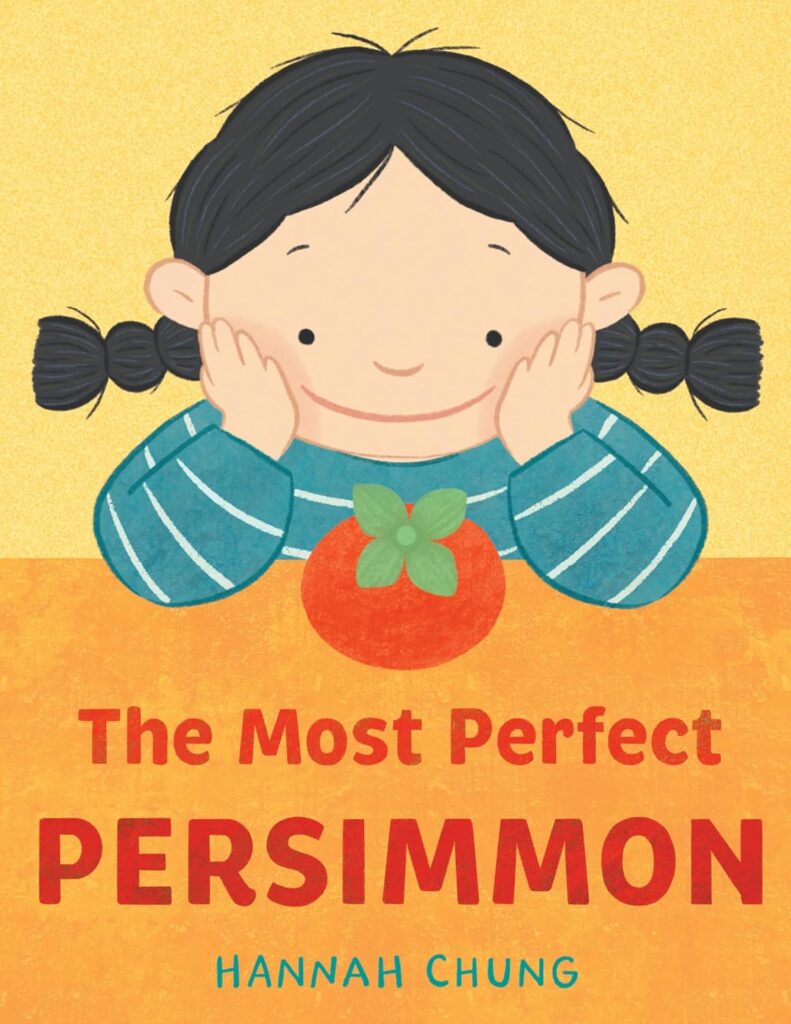
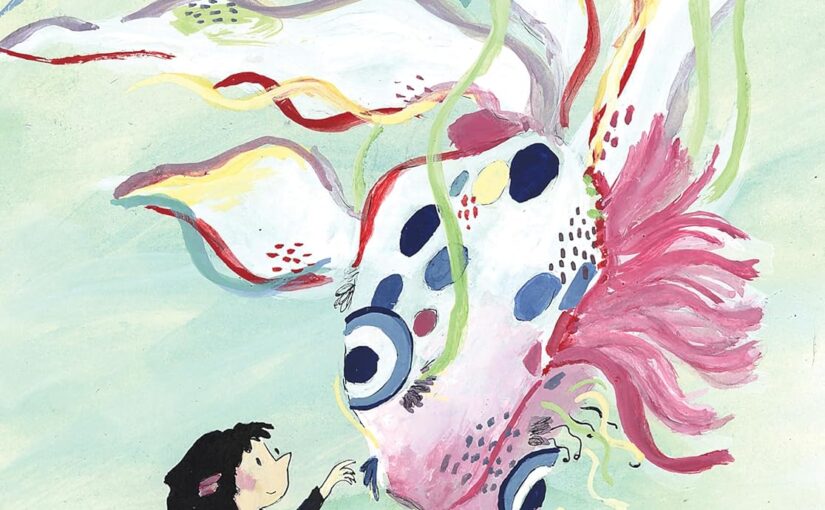
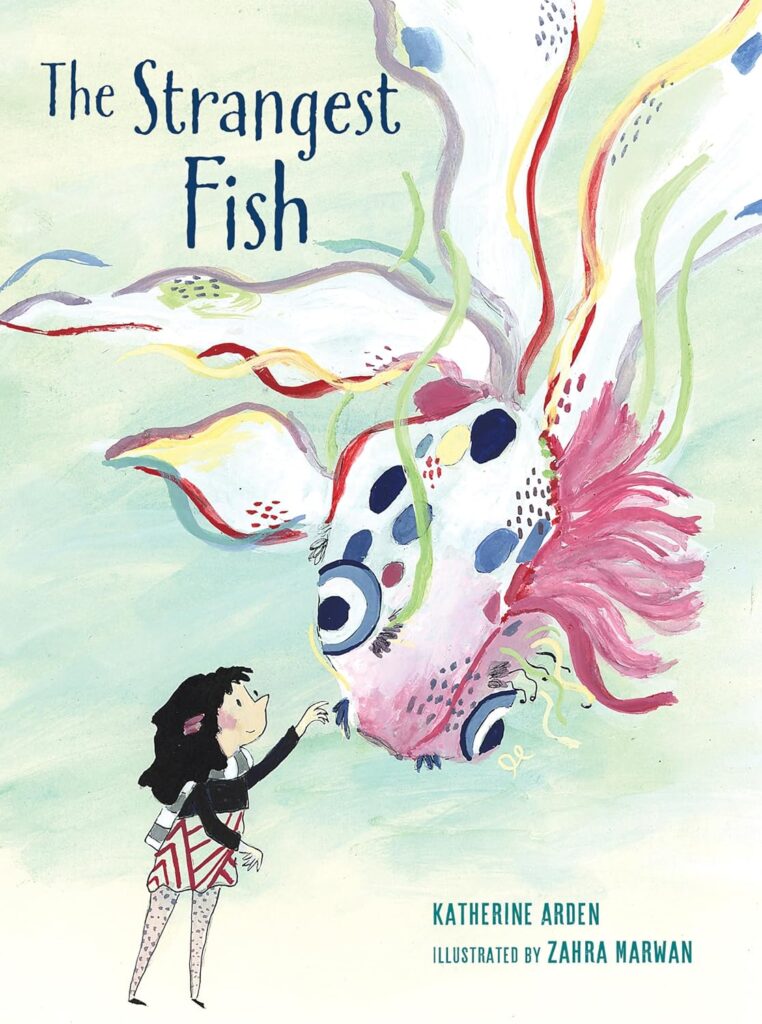
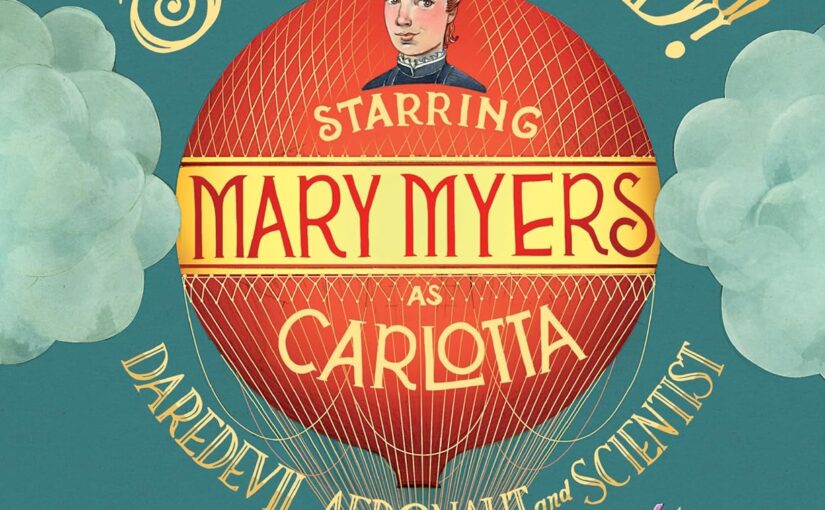
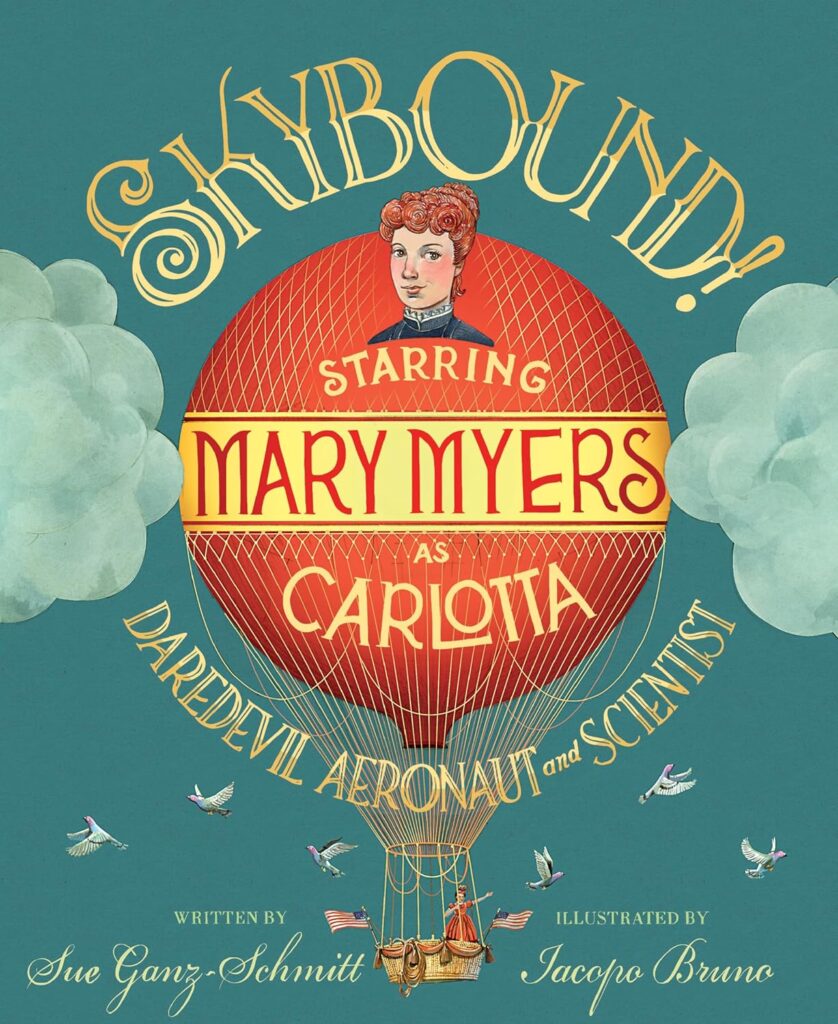

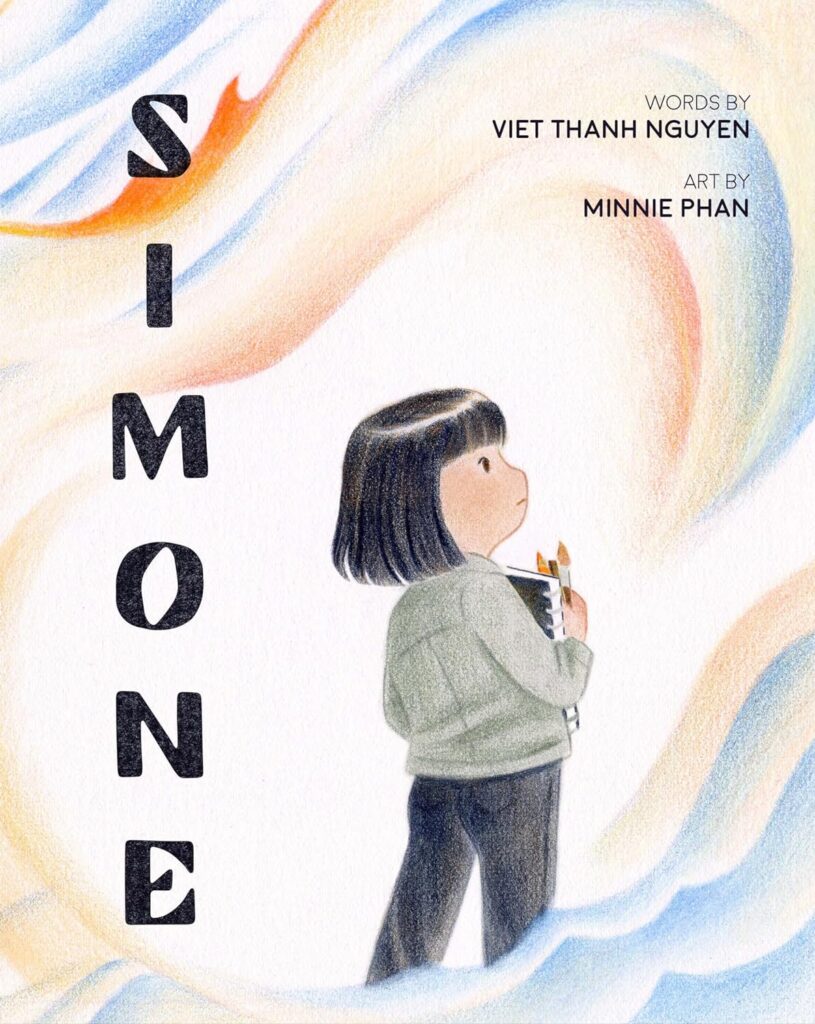

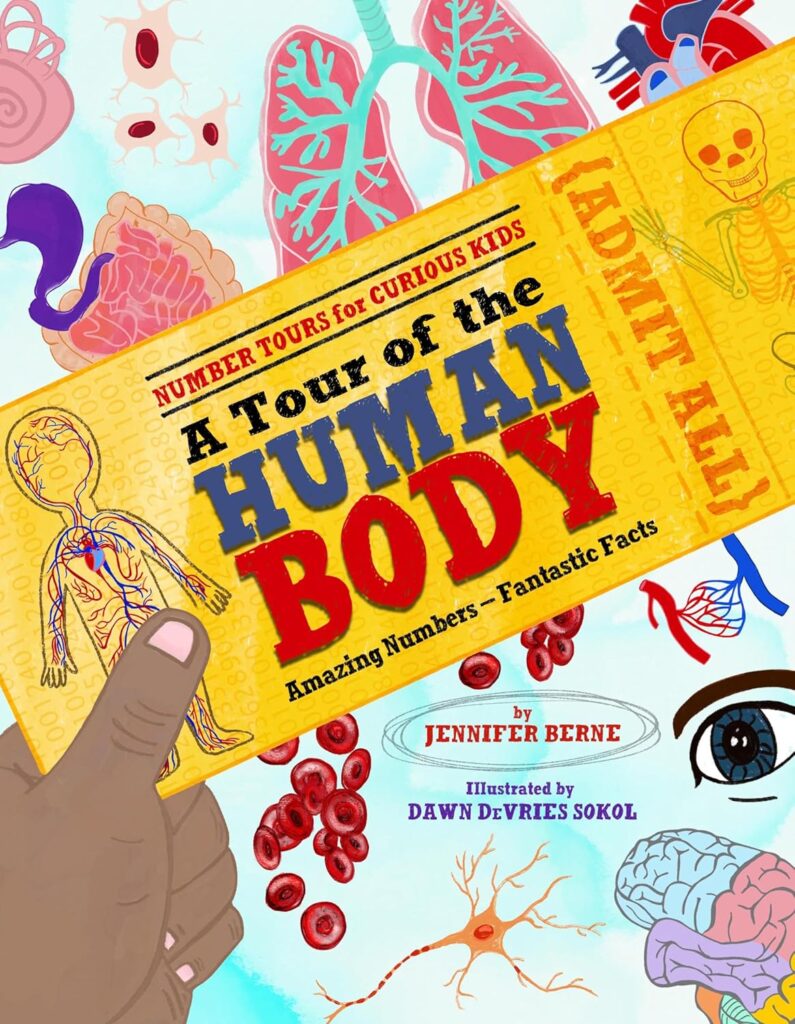


 Facebook
Facebook Twitter
Twitter Flickr
Flickr GooglePlus
GooglePlus Youtube
Youtube